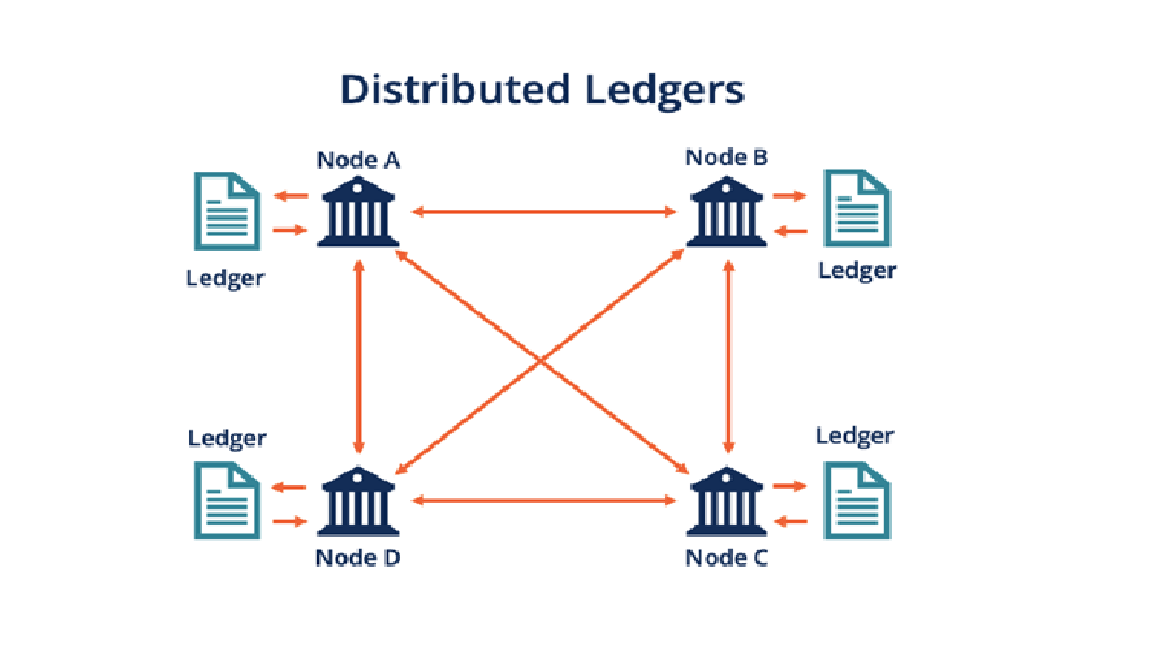Distributed Ledger Technology for Decentralized Identity Management
Main Article Content
Abstract
The rapid advancement of digital services and online interactions has highlighted the need for secure, user-centric identity management systems. Traditional identity solutions, often centralized and dependent on trusted third parties, pose challenges related to privacy, security, and control over personal data. Distributed Ledger Technology (DLT), particularly blockchain, offers a promising solution for decentralized identity management by enabling self-sovereign identities (SSI). Through the use of decentralized identifiers (DIDs) and verifiable credentials (VCs), DLT allows individuals to maintain full control over their personal information, eliminating the need for intermediaries while ensuring data integrity and privacy. This paper explores the key principles of DLT-based decentralized identity management, discussing its potential to enhance privacy, security, and interoperability in digital ecosystems. We examine the various technical frameworks, challenges, and standards in the field, with a focus on the integration of DLT with emerging technologies such as zero-knowledge proofs (ZKPs) and secure multiparty computation (SMPC). Additionally, we evaluate real-world use cases, from financial services to healthcare, and the role of regulatory frameworks in shaping the future of decentralized identity systems. Ultimately, DLT presents a paradigm shift in identity management, offering scalable, transparent, and trusted solutions for the digital age.
